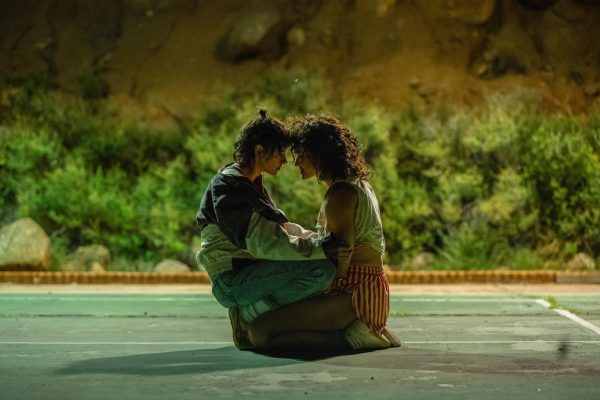Classical Music Recommendations
January 16, 2019
Effective studying begins with a quiet, distraction-free environment. Non-lyrical classical music may help create that environment when used in place of the ringing silence of the library or conversational noise in a hall on campus. The following pieces are perfect for ambient listening or, in a hour of respite, intentional listening.
Edvard Grieg – “Lyric Pieces” recorded by Emil Gilels, 1974
Norwegian composer Edvard Grieg published these tuneful solo piano works between 1867-1901. Short and sweet, each song carries understated rhythms and melodies that, after becoming familiar, create a relaxing, wistful atmosphere. For more pieces by Grieg, the classic “Peer Gynt” suite is a masterwork of moving orchestral tunes, although its romantic bombast is less appropriate for the studying student.
Maurice Ravel – “String Quartet in F Major” recorded by Quatuor Ébène, 2008
French composer Maurice Ravel wrote his “String Quartet” in 1903. Its four-movement structure is based on Claude Debussy’s “String Quartet in G Minor” from 1893, a piece also highly recommended. Both contain glimmering passages of chordal brilliance that encourage meditative states of mind, followed by jazz inflected jaunts sure to spark brain cells into focus. Listen to the third movement of both Ravel and Debussy’s quartets to be persuaded.
Gabriel Fauré – “Piano Trio in D Minor” recorded by Kungsbacka Piano Trio, 2014
Ravel’s teacher, Gabriel Fauré is another French romanticist joining the list. His “Piano Trio” showcases the same chordal brilliance found in his student’s work. The cello melody and conjured mood of the first movement will seem familiar to “Game of Thrones” fans. Fauré’s collected solo-piano Nocturnes, as recorded by Richard Shuster in 2014, are also recommended listening both as exemplars of the musical era and as study music.
Franz Joseph Haydn – “String Quartet No. 63 in B-Flat Major” recorded by Kodály Quartet, 1990
Composed in 1797 or 1798, the so-called “Sunrise” Quartet is the oldest addition to the list. The “Sunrise” Quartet is part of a collection of six quartets called the Erdődy Quartets, the last string quartets that Haydn wrote. Not bombastic or vividly romantic like the others on this list, Haydn’s work is marked by pristine elegance and expertise; a master and his finest work. As indicated by the name, the “Sunrise” Quartet is suited for a bright weekend morning, to make one’s upcoming deadlines less ominous.
Floex, Tom Hodge – “A Portrait of John Doe,” 2018
Something completely different: Floex’s most recent album is a fascinating work of neoclassical, blending complex electronics and programmed rhythm with the classic sensibilities of pianist Tom Hodge. Featuring the Prague Radio Symphony Orchestra, the album sounds expansive and dramatic and may be better suited to a speaker system than on headphones in the library stacks. Also worth mentioning is Floex’ previous work “Zorya” from 2012, another addictively textured album that could be a mainstay of the focus music playlist.













